After the African Cup of Nations (AFCON), seen as the zenith of celebration of African football, the CAF Champions League and CAF Confederation Cups are the next prestigious titles that define African football.
It also showcases the qualities and abilities of the various clubs in the continent to compete amongst themselves and by extension amongst the bests across the globe.
Join our WhatsApp ChannelWinning the CAF Champions league title for instance guarantees a club the opportunity to play in the FIFA Club World Cup, which is another platform for clubs across the globe to prove their mantle on one hand and showcase the quality of their players on the other.
Egyptian clubs have the highest number of victories (18 titles), followed by Morocco with 7, Cameroon, Egypt, Algeria, Tunisia and Morocco have the largest number of winning teams, with three clubs from each having won the title.
The competition has been won by 26 clubs, 12 of which have won it more than once. Al Ahly are the most successful club in the competition’s history, having won it a record 12 times, including the most recent season and are the current African champions, having beaten Espérance de Tunis 1–0 on aggregate in the 2024 final.
Unfortunately, Nigeria has been performing below par in the CAF Champions League and Confederation Cup respectively.
After the double delight achieved by Enyimba in 2003 and 2004, it has become an herculean task for Nigerian club sides to shine in these continental championships.
Rangers International, Current Nigerian league champions, would have been the first to win the title but ended up runners up in 1975 when it was known as African Cup of Champions Clubs.
Shooting Stars and Heartland equally finished as runners up twice in 1984, 1996 and 1988, 2009 in that order, so the feat achieved by Enyimba became the ultimate performance till date.
The story is not different in the CAF Confederation Cup. Moroccan clubs have the highest number of victories (seven titles), followed by Tunisia with five.
Morocco has the largest number of winning teams, with five clubs having won the title. The competition has been won by 13 clubs, five of which have won it more than once. Club Sfaxien are the most successful club in the competition’s history, having won the tournament three times.
Zamalek are the current defending champions, after beating RS Berkane in the 2024 final. No Nigerian team has won this title since inception in 2004. Only defunct Dolphins of Port Harcourt had ended up as runners up in 2005.
As for qualification, they will always qualify since winning the Nigerian league and the Federation Cup is the yardstick for picking a slot in the two continental championships.
However the issue is not in qualifying but in building on the jinx broken the Peoples Elephants 20 years ago, which puts on question mark on the quality of the league and the calibre of representation.
READ ALSO:Enyimba’s ‘Missing Player’ Nwaiwu Spotted In Israel
This year CAF approved a major boost doling out $50,000 largesse in support of every team that qualified for these championships, a commendable and major departure from the past where clubs get nothing until they get into the group stages.
Champions League campaigners this season Rangers and Remo Stars as well as Confederation cup candidates Enyimba and El-kanemi Warrriors are all beneficiaries.
In a chat with Primebusiness.africa, respected coaches who should be in a position to know why Nigerian teams are performing below par in these two championships, opine that it is not impossible to re-enact the Enyimba jinx breaking achievement but it cannot come on a platter.

Coach of current reigning Nigerian league champions Rangers, Fedelis Ilechukwu who had featured with MFM, Plateau United and Kano Pillars among others, hit the nail on the head, insisting it is a matter of choice
“We are not ready to win the Champions League. When we are ready all of us will put hands on deck and do the needful. Can you compare the structure of Enyimba and the quality of players then? Enyimba was one of the best teams then and were constantly adding quality players to fortify the team and we saw the result”
Going through all the submissions it became apparent that a lot needs to be done both on and off the pitch:
Poor Remuneration:
This was identified as one of the biggest problems. Players are equally workers who depend on their salaries to attend to their needs and their families. Where the pay is small a player is at liberty to too alternative. Hear Ilechukwu “When you pay a player N500, 000 and a club in Morocco, Libya, Egypt, Sudan among others is ready to offers him N2million what do you expect?”
Exodus of Experienced Players A Big Challenge
After each season exceptional players become targets for club seeking to fortify their teams for next season. So the possibility of losing such players is high and if they leave the next season will become another work-in-progress. Where you don’t have the funds to keep your players or get alternatives of the same quality that left, average performance is what you get.
Playing On Adopted Home Ground, A Minus
The confident of any team is boosted by the presence of its fans and playing on home ground where they players are familiar with and know the pitch in and out is a plus.
When you prepare on an adopted ground either because your home ground is not good enough or is not there the effect is, uncomfortable players who will lack confidence when faced with tougher opponents.
The Truth of the Matter
Re-enacting the feat achieved by Enyimba 20 years ago may still take longer time so long as our clubs continue to serve as grooming grounds for players who join clubs ready to pay well, and who inevitably play for opponents.
Ability to retain quality players cannot be wished away as inability to pay living wage attracts either resignation of average performance.
Even ownership structure is a problem, most of our clubs are owned by states with government appointees sometimes selected to suit political patronage, and also depend on budget and budgeting bottle necks that may not recognise times and seasons of football.
Little wonder the call for private clubs who see football as business and are ready to treat it as such to take the bull by the horns, is getting louder.
Julius Okorie is Chief Sports and Entertainment Correspondent for Prime Business Africa. He began his journalism career with the Champion Newspaper and Sporting Champion and later moved on to Daily Independent and the Nation Newspapers. Okorie joined Prime Business Africa in 2024 bringing on board 20 years of experience in writing investigative news on Sports and Entertainment. His well researched and highly informative articles on Sports Business and general entertainment are followed by a wide range of audience.

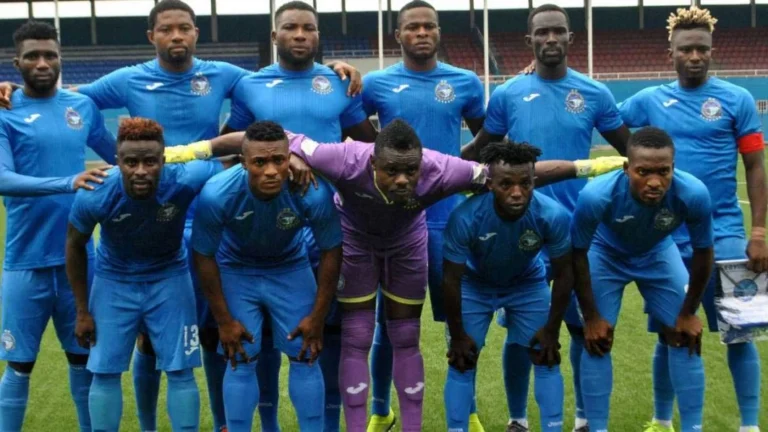



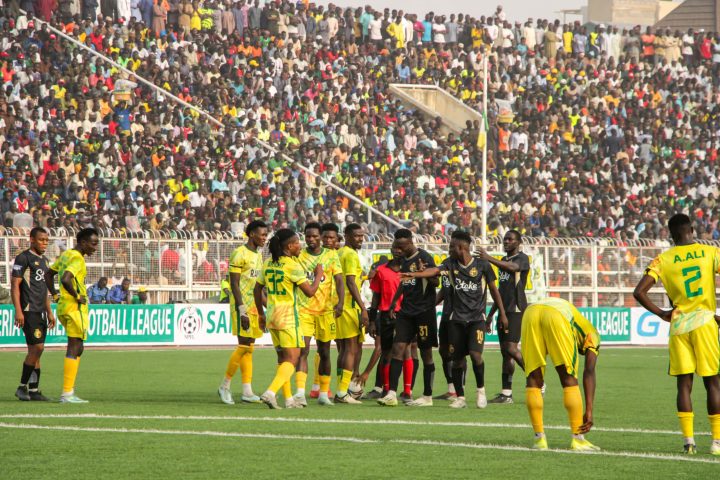
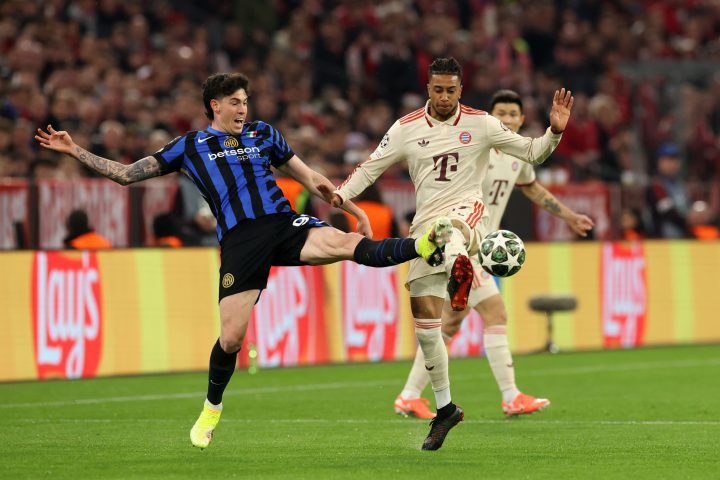









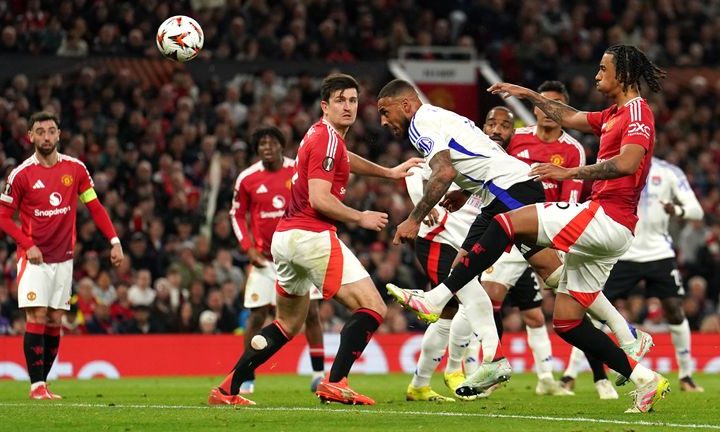
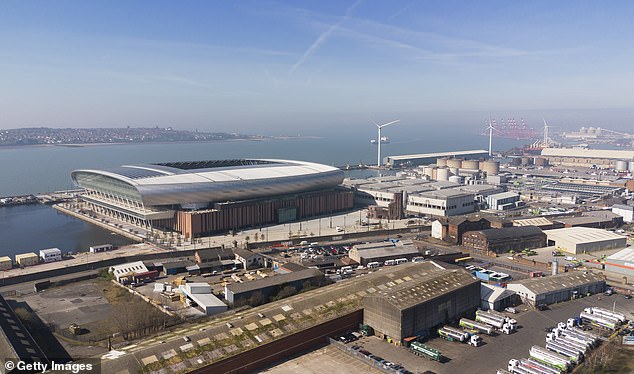

Follow Us